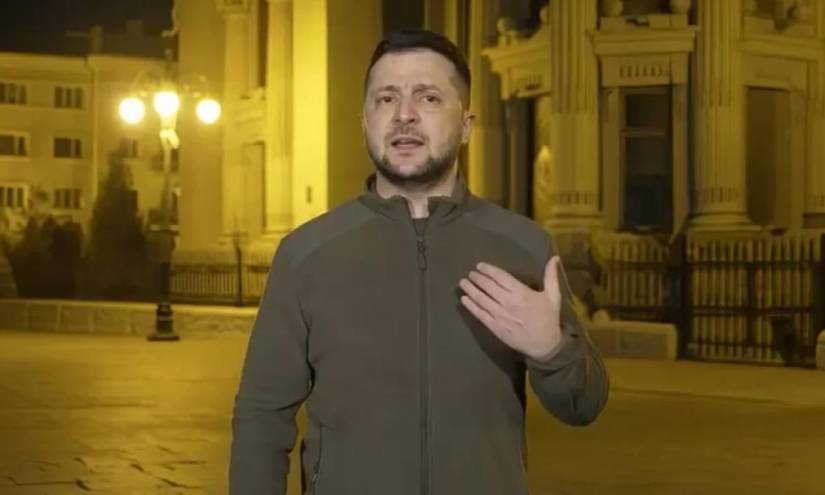After only one day of direct talks in Istanbul with Turkey as mediator, the Ukrainian and Russian delegations have left Turkey.
The first reports from the talks were encouraging as they indicated that the two sides had softened their positions and started to outline a possible political solution. As previously reported, Turkish President Erdogan stated that the negotiations had been the most meaningful to date and the Ukrainian and Russian negotiators seemed to share his view.
Despite the positive signals, Ukraine and Russia failed to agree upon a comprehensive ceasefire and today seem less optimistic. It apparently requires more intensive mediation to close the gap between them.
In its latest intelligence update, the British defence ministry wrote that it was most almost certain the Russian defensive has failed in its objective to encircle Kyiv and that Russia has lost the initiative in the region. It concluded that it is highly likely that Russia will seek to divert combat power from the north to their offensive in the Donbass region in the east.
The fact that the Russian troops, after having met fierce Ukrainian resistance and suffered huge losses in men and material, cannot advance, implies that the war has entered a phase where neither side can determine its outcome on the battle field. This leaves them basically with three options.
It can continue for months as a war of attrition or escalate with heavier bombardment by Russia of cities and civilian targets. In both cases, the already bad humanitarian situation will become worse. The best solution option for both sides is to agree as soon as possible on a cease-fire to end the senseless killing and destruction of Ukraine.
A cease-fire will enable both sides to continue the talks in good faith to find a political solution. At the talks in Istanbul, Ukraine stated it might give up on ever joining NATO and adopt a neutral status, like some EU member states (Sweden, Finland and Austria), in exchange for security guarantees from other countries.
The Ukrainian negotiators reportedly mentioned among others Israel, Canada, Poland and Turkey as guarantor powers. Some form of security guarantees against unprovoked Russian aggression is a condition for a durable solution but hardly any of the four countries could give such guarantees. Israel has its own security problems and the other three countries are members of NATO.
Instead, security guarantees could be given by the EU as whole thanks to its mutual defence clause. For that to happen, Ukraine would have to join the EU, rather sooner than later. The EU has for the time being excluded a “fast track procedure” for Ukrainian membership and waiting for years for starting even accession negotiations, as the Western Balkans countries are doing, will not help Ukraine.
M. Apelblat
The Brussels Times

